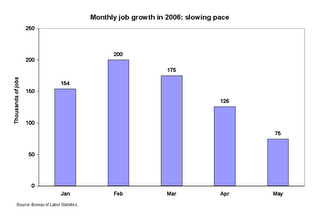Another Reason "Gitmo" Must Go
The Guardian had no trouble finding witnesses that the US Military said they could not find. Why am I not surprised?
The US government said it could not find the men that Guantanamo detainee Abdullah Mujahid believes could help set him free. The Guardian found them in three days.
Two years ago the US military invited Mr Mujahid, a former Afghan police commander accused of plotting against the United States, to prove his innocence before a special military tribunal. As was his right, Mr Mujahid called four witnesses from Afghanistan.
But months later the tribunal president returned with bad news: the witnesses could not be found. Mr Mujahid's hopes sank and he was returned to the wire-mesh cell where he remains today.
The Guardian searched for Mr Mujahid's witnesses and found them within three days. One was working for President Hamid Karzai. Another was teaching at a leading American college. The third was living in Kabul. The fourth, it turned out, was dead. Each witness said he had never been approached by the Americans to testify in Mr Mujahid's hearing.
 Click to enlarge.
Click to enlarge. Click to enlarge.
Click to enlarge. Click to enlarge.
Click to enlarge. Click to enlarge.
Click to enlarge. Iman Walid
Iman Walid



 Who Links Here
Who Links Here